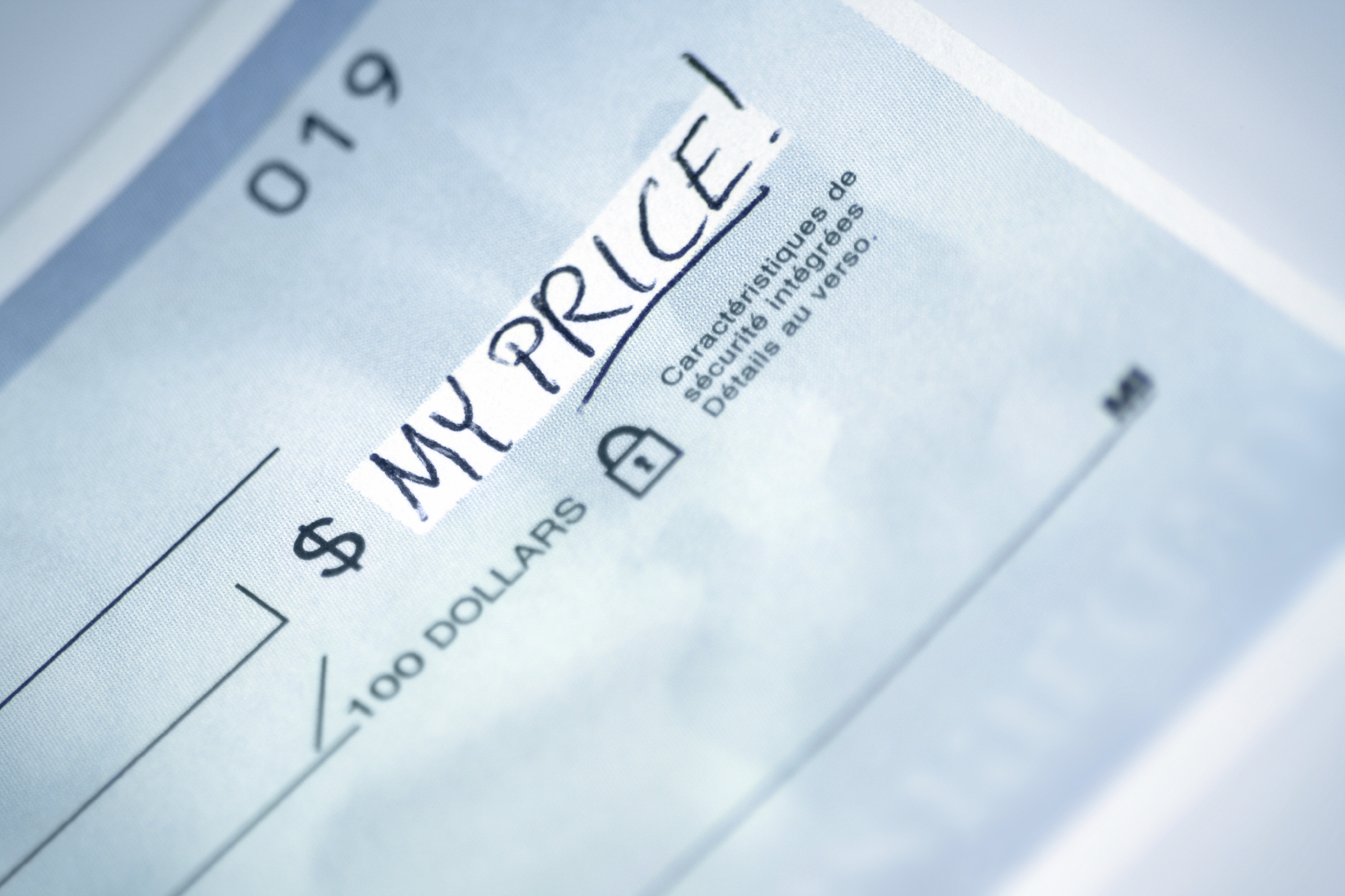And how can it help you sell your business?
You hear it on the radio, read about it in the papers, some politicians are part of private equity. So what exactly is it?
Let’s start by defining a Private Equity Fund, another term you hear all the time.
A Private Equity Group establishes a Private Equity Fund.
A Private Equity Group is a company whose principals and managers have broad experience in managing and operating businesses. This group invests the money that is contributed to a Private Equity Fund by individual investors seeking a higher return on their investment than they can get through more tradition investment vehicles.
Keep in mind, an investor seeking higher returns also must take on greater risk.
Let’s drill into that a bit to understand why Private Equity is so prevalent in today’s economy:
- Today, U.S. Treasury investments return tiny on your investment.
- Bonds are paying a little more, yet are at risk long-term since their value may decrease as inflation results in new bonds with higher interest rates being issued in the future.
- The stock market is the next step up on the risk/return ladder, offering a greater potential return on investment matched by an increased risk that you will lose that investment a la 2008.
The risk associated with Private Equity Funds is even higher than that of the stock market; high risk can equal higher reward, but also a higher probability that you could lose your investment.
Clearly, Private Equity Funds are not the place to invest long-term retirement funds or your milk money. Any funds that you need to support the essentials of your lifestyle should not be spent in Private Equity Funds.
Ok, now we understand “Who” and “Why?” Let’s look at the “what,” as in what exactly do Private Equity Groups invest in?
Private Equity Groups use the money received from individual investors to buy privately-held companies, companies that are not traded on the stock exchange. These companies are owned by individuals, families, your neighbors, your boss. Privately-held companies are, by their very nature, considered high risk.
Think of it:
There are substantially more privately-held businesses in this country than publicly-held firms. These privately-held companies will most likely end up being sold outright someday if they are not passed on to the owners’ children or key employees of the firm.
Smart owners know that selling your business to a Private Equity Group is an excellent way to take some chips off the table and fund your future financial objectives. In many cases, the Groups will want current management to remain to operate the company, giving them an interest in the future value appreciation of the business.
So the Private Equity Group invests in privately-held businesses, thereby capitalizing on the learning and management synergies created by combining similar companies under one ownership group. The earnings, losses, and changes in the value of the companies held in the Private Equity Fund by the Private Equity Group flow back through the Group to the individual investors after the Group collects their management fees.
In other words, the balance of the profit, loss or change in the value of the companies owned is credited to the investor accounts in the Private Equity Fund.
Private Equity plays an important role for both owners of privately-held businesses looking to sell and for investors seeking higher returns on their investments.
[gravityform id=”1″ title=”true” description=”true”]





